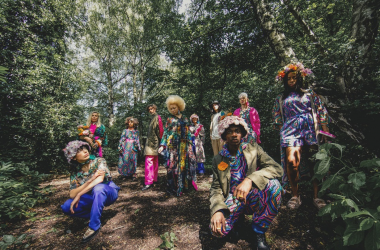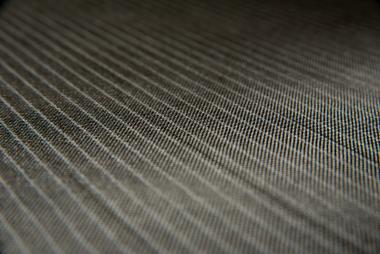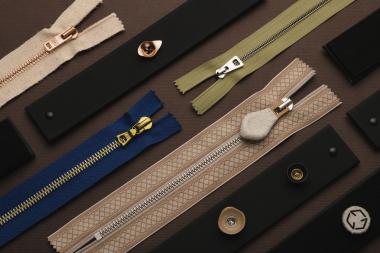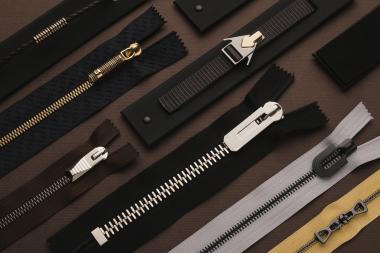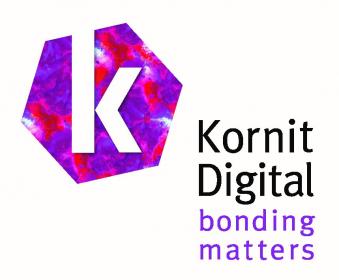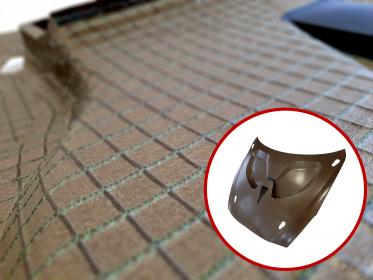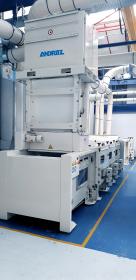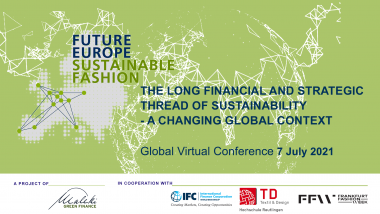LOVE HERO uses Kornit Digital for sustainable Fashion
Kornit Digital announced that the London-based LOVE HERO fashion label uses Kornit’s sustainable, digitized, on-demand production capabilities to deliver its complete line of nature-themed apparel.
All fabrics are traceable and certified via their blockchain platform, Retraced, to minimize their eco footprint. Cut-and-sew operations take place in Portugal.
LOVE HERO is currently engaged with Kornit on the mechanics of imprinting silk, biodegradable nylon, and other diverse materials. One such application involves two-sided fabrics—nylon on top, with cotton on the reverse.
“Kornit is committed to becoming the operating system for sustainable fashion fulfillment, on demand,” says Chris Govier, KDEU Managing Director. “With visionary creators like Joshua and LOVE HERO ready to test the bounds of our design and color capabilities, and our growing network of digitized producers ready to make those visions tangible with speed, economy, and quality from all corners of the globe, we’re changing the public percetion of what digital can do—meeting the global sustainability imperative, without demanding compromise from any actor in that value chain.”
Kornit Digital Creazioni Digitali clothing Textile and clothing industry Sustainability
Kornit Digital Europe GmbH / pr4u


